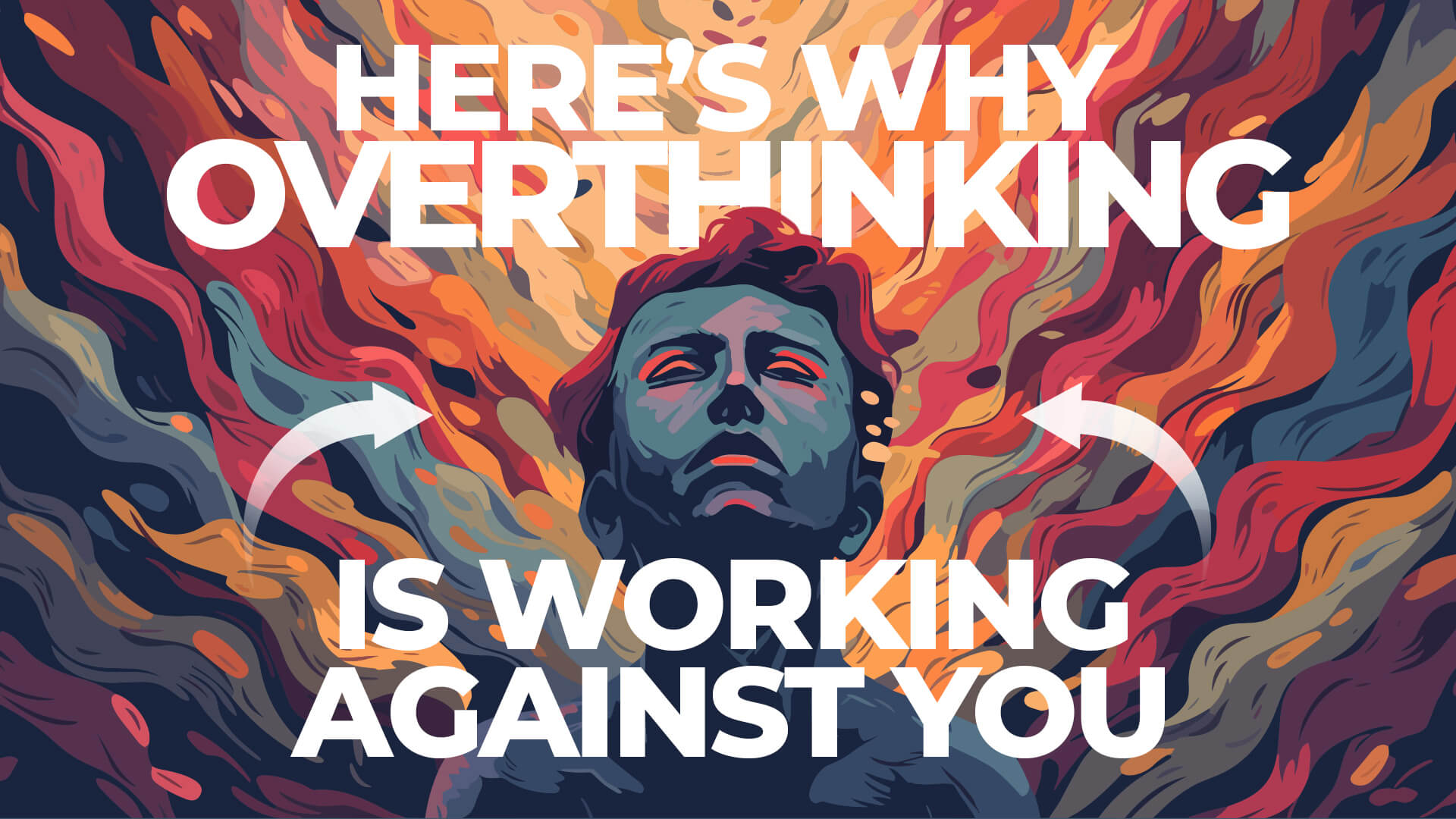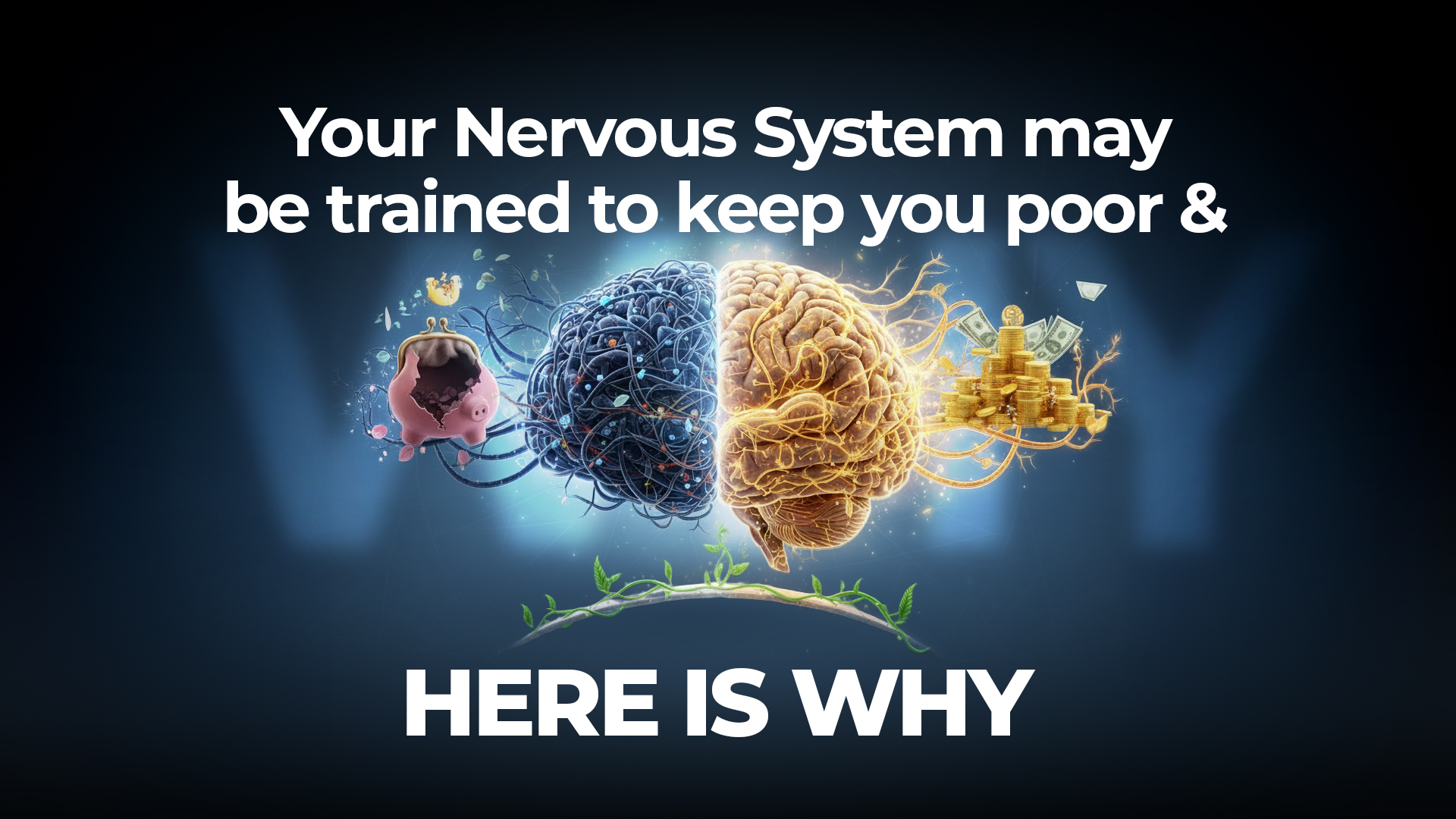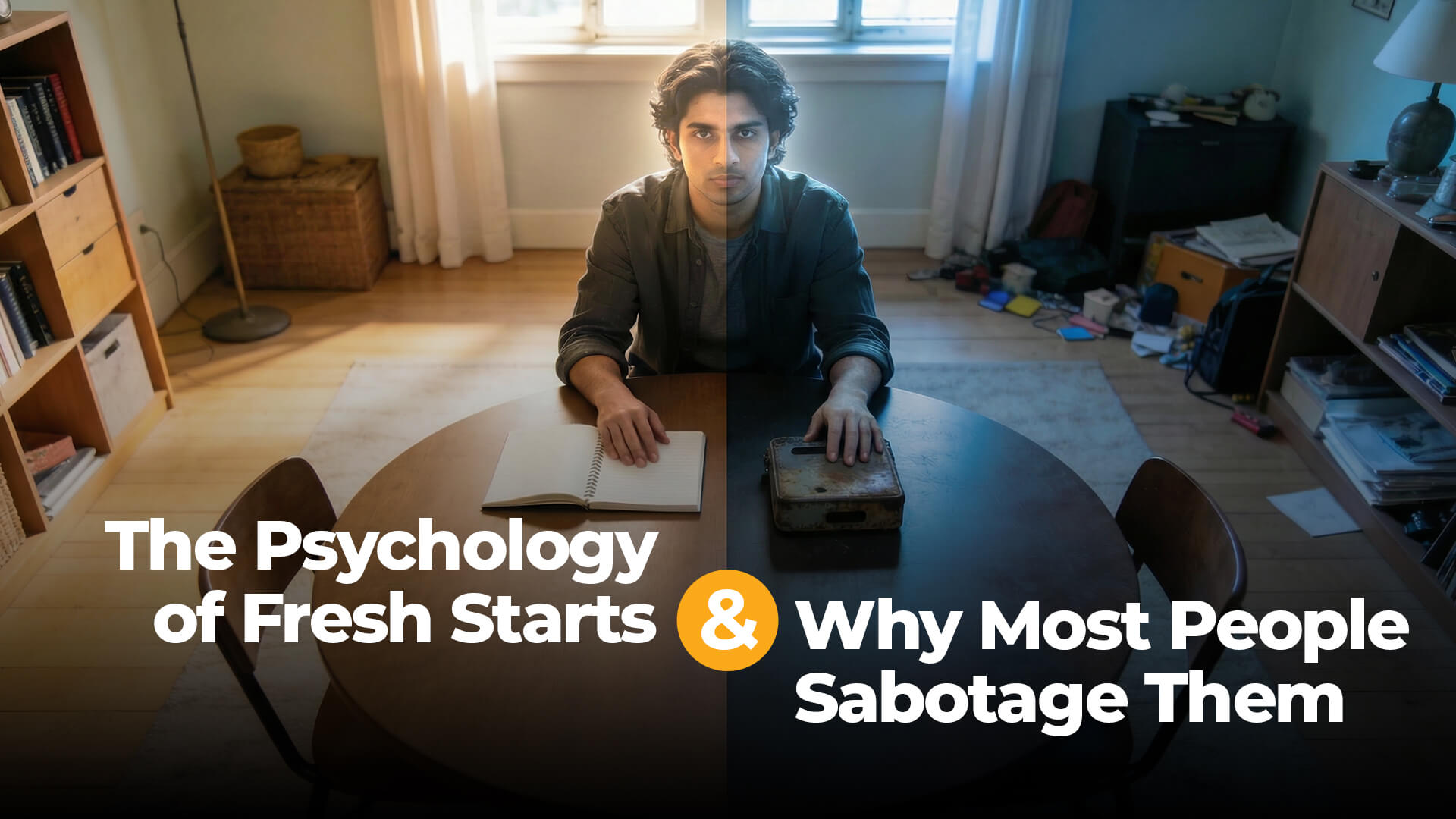Everyone thinks but when thoughts loop endlessly, they stop helping and start hurting. Overthinking often feels like problem-solving, yet it keeps you stuck, drains your energy, and creates fear of taking actions. What begins as careful reflection on your life can quietly turn into a pattern that holds you back from living fully. We all want to make good choices, avoid mistakes, and protect ourselves. But if your mind won’t stop analyzing, you may be doing the exact opposite, blocking progress, joy, and growth.
How Overthinking Slows You Down
At first, replaying scenarios in your head can feel useful. You want to prepare, avoid errors, and plan. However,
- Small issues feel overwhelming.
- You replay the same event without reaching clarity.
- Decisions get delayed until opportunities pass.
- You criticize yourself more than you support yourself.
What starts as caution turns into paralysis. The constant mental noise doesn’t protect you; it freezes you in place.
Why We Fall into Overthinking
Most people don’t overthink on purpose. It’s often a survival habit.
- Fear of mistakes. You believe you must get everything right or face rejection.
- Past hurt. Old failures replay in your head as warnings.
- Control. You convince yourself that enough analysis will prevent pain.
- External pressure. The fear of judgment makes every decision feel heavy.
These drivers feel safe at the time, but they quietly block growth and peace of mind.
Signs That Overthinking Has Turned into Self-Sabotage
Overthinking becomes self-sabotage when it doesn’t just cause stress but actively keeps you from moving forward.
- You delay decisions because you’re still weighing the options.
- You lose sleep replaying conversations or future scenarios.
- You talk yourself out of opportunities before even trying.
- You spend more time on what could go wrong than on what I could learn.
- You feel mentally drained even without doing much.
These habits create an illusion of safety, but what they really do is trap you in the same place.
The Link Between Overthinking and Self-Worth
One overlooked part of overthinking is how it ties into your self-worth. If deep down you doubt yourself, you rely on endless analysis as a shield. You may think, If I prepare enough, no one will see my flaws.But this cycle proves the opposite. The more you overthink, the more you confirm the idea that you can’t trust yourself. Breaking the pattern isn’t just about calming the mind; it’s about rebuilding belief in your own ability to handle life as it comes.
Practical Ways to Break the Cycle
- Set a time limit. Give yourself 10 to 15 minutes to think through a problem. Once the time is up, commit to one small step forward.
- Shift from what if to what now. Swap endless scenarios with one question: What can I do right now? This keeps you anchored in the present.
- Ground in the body. Overthinking keeps you in your head. Use grounding techniques, deep breathing, stretching, or walking, to remind yourself you have a body, not just a racing mind.
- Name the pattern. Saying out loud, ‘I’m overthinking right now,’ helps create distance. Naming it weakens its control.
- Choose an imperfect action. Progress rarely comes from perfect plans. Taking a small, imperfect step builds momentum and reduces the urge to keep analyzing.
- Create a decision ritual. When stuck, write down three options, choose one, and take immediate action. Repetition trains your brain to trust action over hesitation.
When to Seek Support
Sometimes overthinking is tied to deeper wounds, like past trauma, chronic anxiety, or long-standing self-doubt. In such cases, outside help can make a huge difference. Therapy, coaching, or guided healing can help you identify patterns that you may not notice on your own. Having someone mirror your blind spots can speed up the process of breaking free.
Redefining the Role of Thought
Thinking is not the enemy. Reflection, planning, and learning are valuable. But there is a difference between thinking that serves you and thinking that traps you.
- Healthy thought ends with clarity, action, or peace.
- Overthinking ends with exhaustion and paralysis.
The goal is not to erase thoughts but to notice when they cross the line and gently guide yourself back to movement.
Frequently Asked Questions
Q1. How do I know if I’m just reflecting or actually overthinking?
A: Reflection helps you reach clarity or a decision. Overthinking feels circular—you keep going back to the same point without moving forward.
Q2. Why do I overthink even when I know it doesn’t help?
A: Overthinking is the brain’s way of seeking safety. It feels protective, but it is really fear disguised as preparation.
Q3. Can overthinking affect physical health?
A: Yes. It can cause poor sleep, fatigue, muscle tension, and headaches because your body stays in a stress response.
Q4. How can I stop overthinking in the moment?
A: Ground in your senses: notice five things you see, four you feel, three you hear, two you smell, one you taste. It brings you back to the present.
Q5. Is overthinking always bad?
A: Not always. Brief analysis is useful. It turns harmful when it delays action or damages confidence.
Q6. What’s the fastest way to break the habit long-term?
A: Practice daily small, imperfect actions. Over time, your brain learns that progress comes from doing, not from endless analyzing.
Overthinking promises safety but often delivers paralysis. The real shift comes when you stop waiting for the “perfect choice” and begin trusting yourself with small, imperfect steps. Each action taken breaks the cycle and builds inner trust, showing you that progress comes not from thinking more, but from daring to move forward.
Reach Dr. Chandni’s support team at +918800006786 and book an appointment.


































